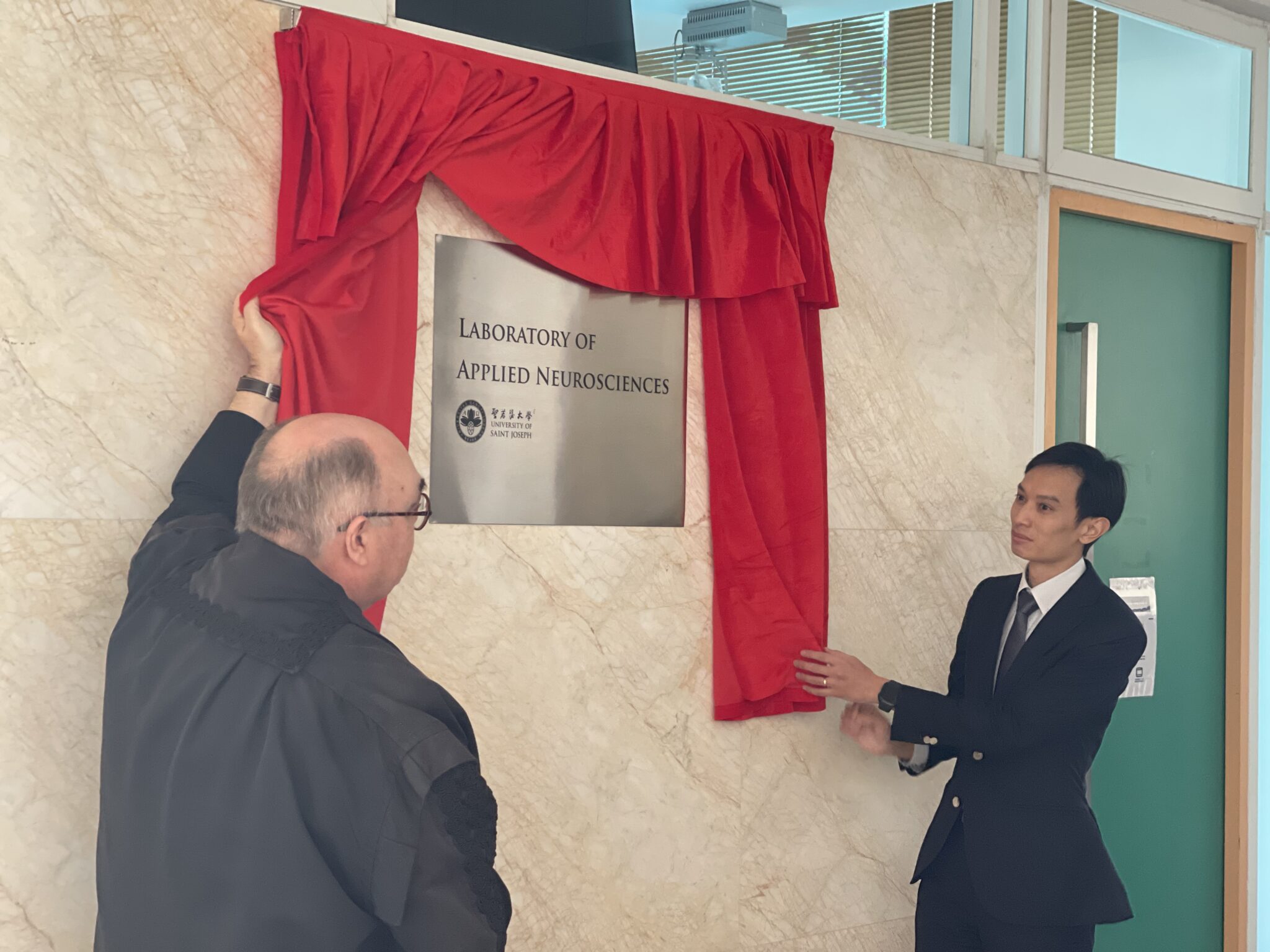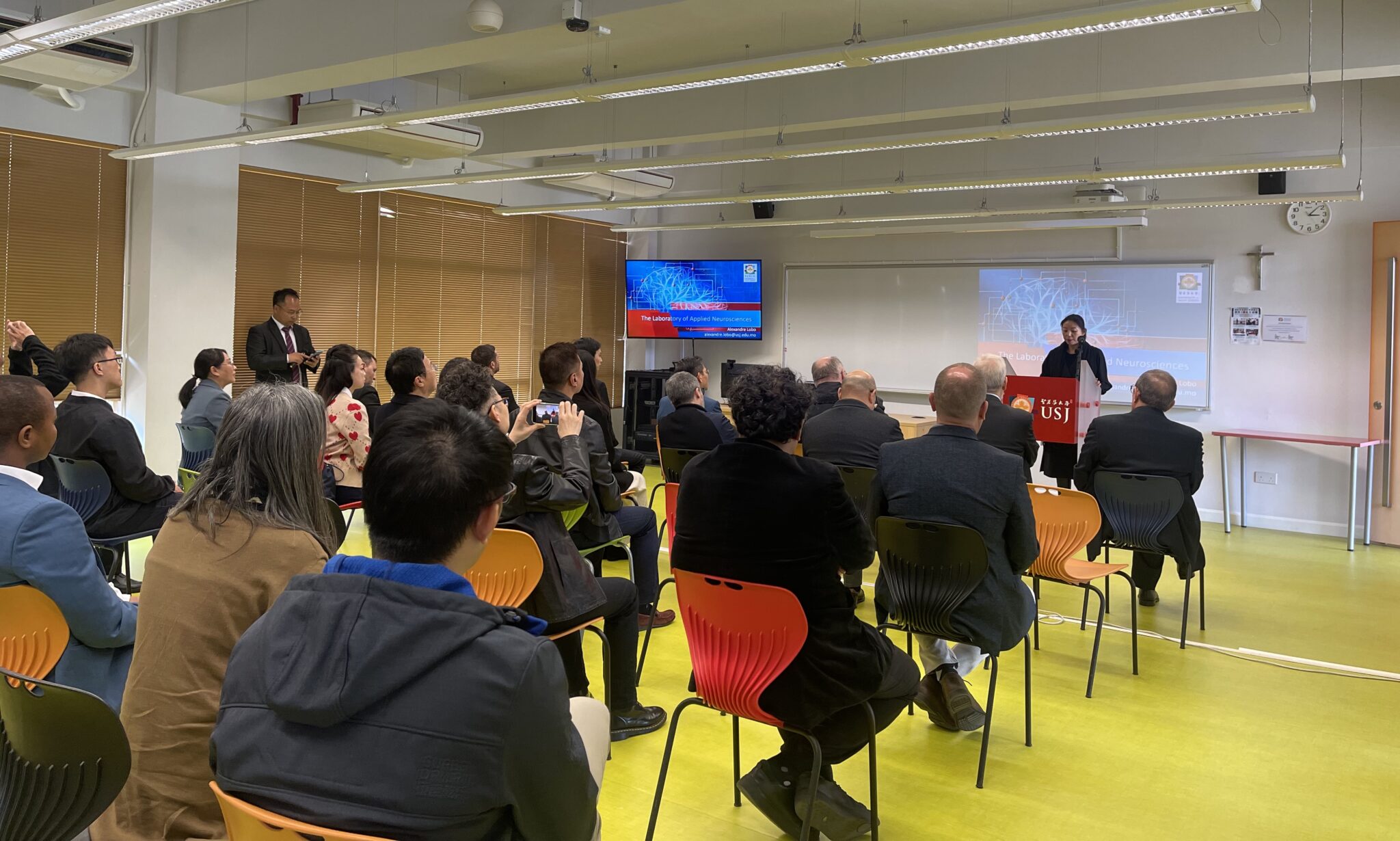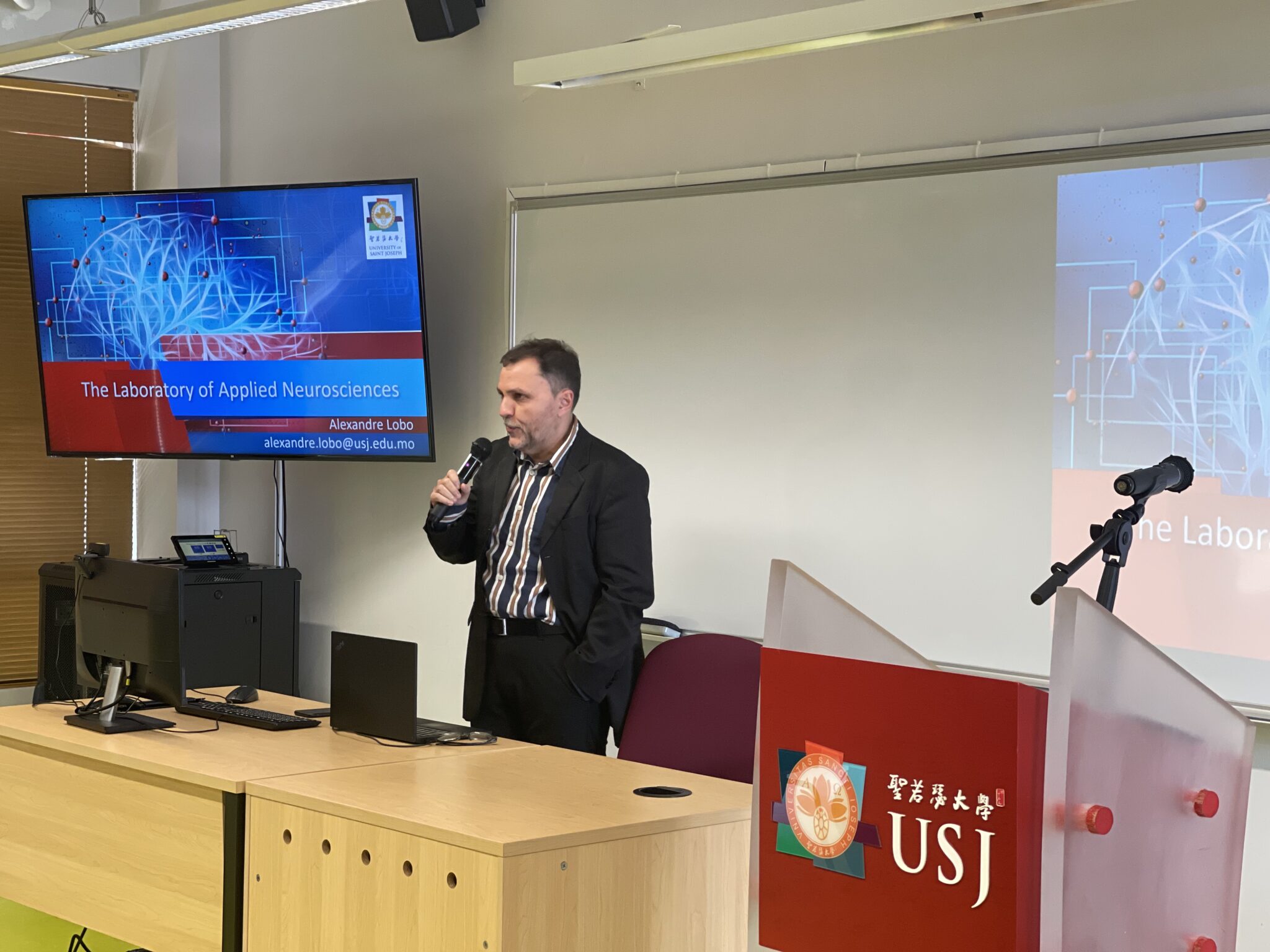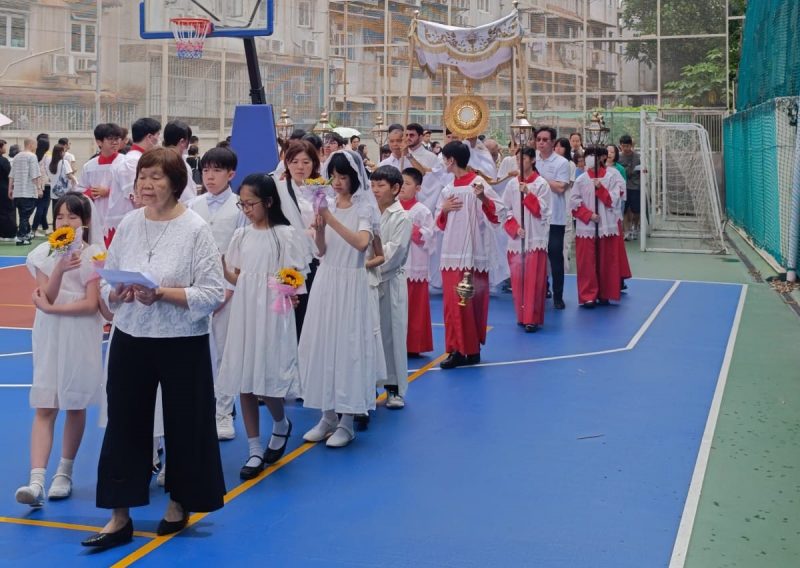Marco Carvalho
Macau first and then Portugal. The University of Saint Joseph recently signed a memorandum of understanding with Portugal’s Catholic University, with the intention of setting up a second research laboratory in the domain of applied neuroscience.
The information was relayed by professor Alexandre Lobo on the sidelines of the inauguration ceremony of the new Laboratory of Applied Neurosciences at the University of Saint Joseph, which was held earlier this month. The Brazilian researcher told the press that the two higher education institutions will cooperate in the establishment of “a sister laboratory” in applied neurosciences in Porto, Portugal’s second-largest city.
The new research lab will yield empirical insights that will lead to a better understanding of the brain in real life setting and it will provide the University of Saint Joseph with the opportunity to take advantage of the scientific assets and the ‘critical mass’ available at the Catholic University of Portugal.
In exchange, the University of Saint Joseph’s Laboratory of Applied Neurosciences will transfer knowledge and technology to the new research centre, professor Lobo assures.
But the partnership between the Catholic University of Portugal and its local counterpart goes beyond the establishment of the new science lab. The two higher education institutions are also evaluating the creation of a post-graduate degree in the area of neuromarketing, a new interdisciplinary field which will be in increasingly high demand over the next five to ten years.
Inaugurated earlier this month, the Laboratory of Applied Neurosciences has been investigating, for several months now, the impact that classes have on children who attend traditional Chinese school. With a strong focus on memorization, the way Chinese schools function is one of the aspects that the new lab has been dissecting since its inception in 2022.
The Laboratory of Applied Neurosciences should be able to support everything, from teaching Chinese to foreigners, to the promotion of Western products in China. The greatest potential of the new lab may well be, however, in the field of education. Using state-of-the-art technology provided by the Portuguese tech startup Virtuleap, the laboratory wants to conceive a more rigorous way of analysing different methods of Chinese classes for foreign speakers, as well as to promote tools that may help to manage aspects such as lack of concentration, attention deficit and hyperactivity.
On a different scale, the laboratory, led by Alexandre Lobo, will also investigate the potential use of applied neurosciences to help patients suffering from long COVID in Brazil.
The World Health Organization estimates that 145 million people worldwide experienced symptoms of long-term Covid-19 during the first two years of the SARS-CoV2 pandemic. Symptoms include fatigue with body aches, mood changes, cognitive issues and shortness of breath, according to study released in September last year.




 Follow
Follow


